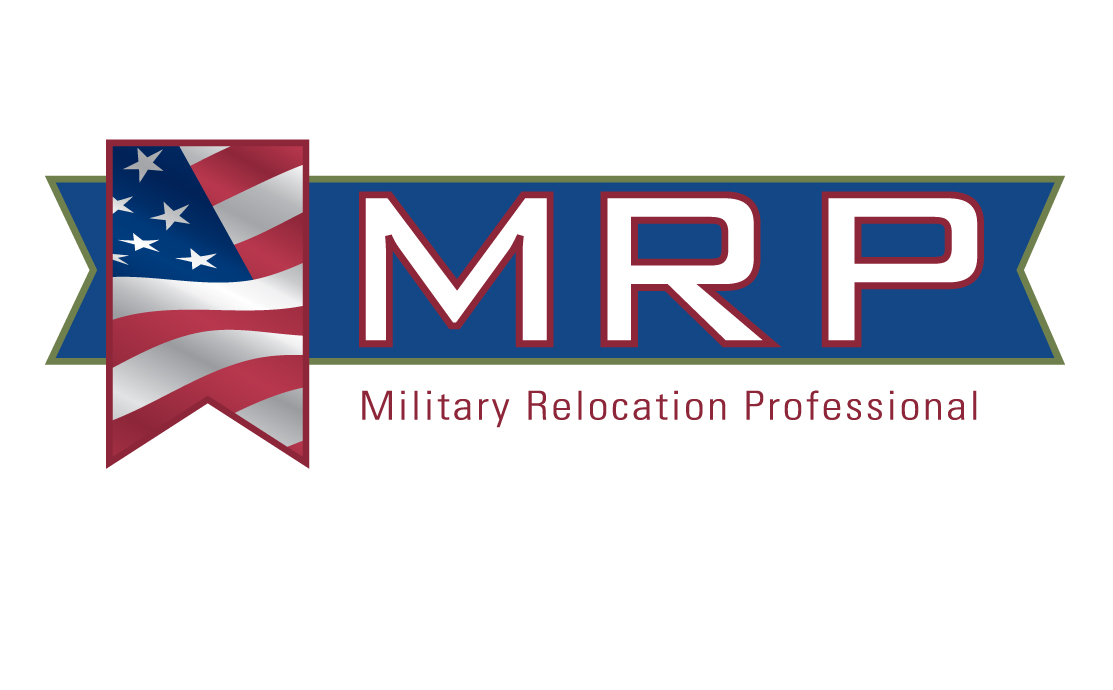“The VA Loan is simply the best thing going,” says Leslie Wish of Fairway Independent Mortgage Corporation. When asked why she feels that way, Leslie quickly ticked off the following:
● $0 downpayment.
● Lower interest rates than conventional financing.
● The VA Funding Fee charged by the Department of Veterans Affairs can be
rolled into the loan.
● No Private Mortgage Insurance cost.
● Higher allowable Debt-to-Income ratios.
● Underwriting flexibility that is more forgiving of past credit issues.
● VA loans are assumable by another veteran.
In the interest of full transparency, I work with Leslie frequently on all kinds of transactions, but it is hard to argue that the Department of Veterans Affairs has put together an impressive loan guarantee program.
Of course the VA won’t guarantee an unlimited sum to any single veteran, but the loan limits are generous. In 2024, the VA loan limit in most counties is set at $766,550, a 5.6% increase over 2023. These caps vary somewhat in relation to the cost of housing in different parts of the country. In high cost counties such as those surrounding Washington, D.C., the 2024 loan limit is $1,149,825. However, even these limits are a bit misleading. The Blue Water Navy Vietnam Veterans Act of 2019, removed loan limits for any eligible VA borrower with full VA entitlement.
Even in those cases where they apply, the loan limits in no way cap the amount a veteran can borrow. Instead, they represent the maximum loan amount the VA will guarantee for a veteran putting zero down. The only real limit on what a veteran can borrow under the VA program is what a financial institution will loan based on credit history. In the case of a loan default, the VA guarantees to reimburse the lender only 25% of the county loan limit.
While the loan guarantee is generous, it isn’t entirely free. The VA charges a funding fee that is a percentage of the loan amount. For first-time borrowers, the fee is 2.15% if the borrower is putting less than 5% down. With a 5% downpayment, the fee is reduced to 1.5%, and with 10% down it drops to 1.25%. For subsequent uses of the benefit, the cost is 3.3% of the loan amount with less than 5% down.
For a veteran tapping into the VA loan program for the first time, that means the funding fee on a $750,000 loan with zero down will add $16,125 to the acquisition cost of the home. The fee can be financed as part of the loan, but that adds to the cost of the monthly mortgage payment over the life of the loan. Someone using their entitlement for a second, third or fourth time with less than a 5% downpayment would pay an additional $24,750 for that same $750,000 loan.
If all these numbers have your head spinning, perhaps working through a hypothetical scenario or two will help. Suppose I’m a veteran who is about to purchase my first home in either Fairfax, Loudoun, Prince William, or Fauquier County. I plan to put zero down on the purchase, preferring to keep my savings in reserve to cover closing costs and moving expenses. Given my income and credit history, my lender has qualified me to look for a home in the $825,000 range. I plan on rolling the $17,737.50 funding fee into the loan, bringing my total loan to $842,737.50.
But let’s say I currently have $100,000 of my VA entitlement tied up in a townhome in Fairfax County and want to purchase another, larger home. Again, the 2024 county loan limit in Fairfax is $1,149,825, and the VA will only guarantee 25% of that amount. So the maximum entitlement for Fairfax County is $287,456. Since I have $100,000 of my entitlement tied up in the old house at the moment, my remaining entitlement is $187,456. To arrive at the amount I can borrow putting zero money down, I must multiply my remaining entitlement by 4. The resulting figure of $749,824 means that if I want to buy the $825,000 home in the previous scenario, I’ll need to put slightly more than $75,000 down to make it work.
Can VA loans be used to purchase any type of real estate? The simple answer is no. VA loans are meant to be used for the purchase of a veteran’s primary residence, so the program cannot be used to buy second homes or an investment property that will be used as a rental. However, a veteran may purchase a duplex, triplex, or four-plex using a VA loan as long as one of the units is used as the borrower’s primary residence. The other units can be rented, essentially creating a cash-flow investment. While it is permissible to buy land on which to build a home, most lenders view such loans as too risky and don’t make them.
Despite the fact that most lenders can close a VA loan in three weeks, some sellers are reluctant to consider them. Faced with two competing offers of identical price, similar closing dates, and similar contingencies, these sellers will pick the non-VA loan offer every time based on the misconception that VA loans involve more red tape, take longer to close, and involve tougher inspection criteria than conventional loans. At one point, all or most of that was true. Thankfully, It’s no longer the case.
So while the loan product is not perfect, it is an extremely powerful way for veterans to leverage their available resources and compete effectively in many bidding war situations.



